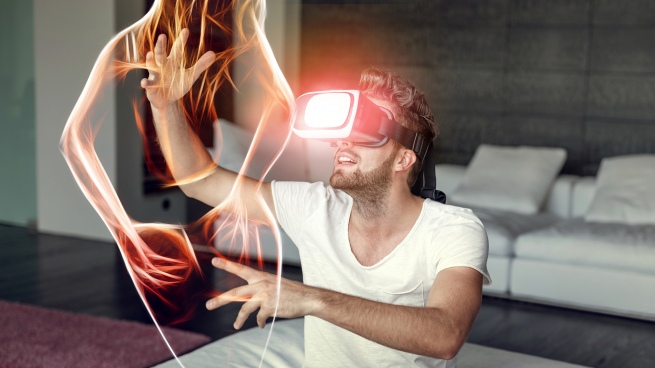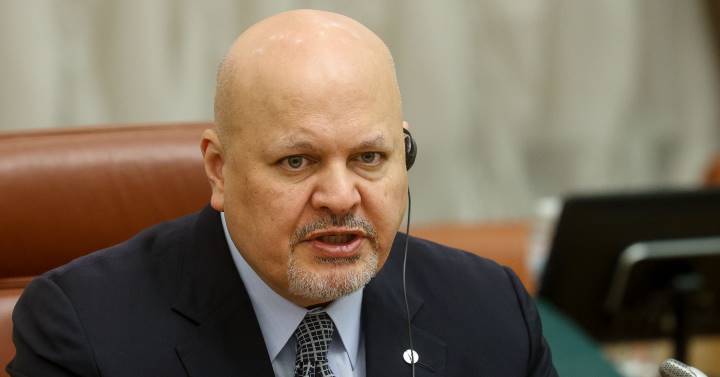Video games as a community had always been considered a sexist environment. Based on the idea that games are “for men”, it was always a hostile environment for women who tried to get close. This can be seen in the comments of the female streamers’ twitch broadcasts or in any chat within an online video game, where as soon as the players realize that there is a woman they begin to assault or harass her. When video games began to become professional in electronic sports, this became more evident: absence of female players or teams on the one hand, and public attacks on the pioneers that were appearing on the other.
The magnifying glass has always been focused on the players, either as individuals or as a group, but in recent years a reality has burst into the public sphere that has always been woven as a rumor under the table: on the other side of the counter, things do not they were different. It was not just a highly toxic and sexist community of players for women and dissidence, but in the industry, those who develop video games have the same behavior.
When video games began to become professional in electronic sports, this became more evident: the absence of female players or teams on the one hand, and public attacks on the pioneers that were appearing on the other.
The first major complaint to reach the media and shake the gamer world was in 2018, when a note published in the specialized medium Kotaku described with anonymous testimonies from different Riot Games workers and former workers the sexist environment of the company. In November of that year, a collective complaint was filed against the company for gender discrimination, sexual harassment and inappropriate conduct in the work environment. In 2019 Riot agreed to pay hundreds of whistleblowers $10 million. However, the California Department of Fair Employment and Housing (DFEH) objected to the settlement, saying the company owed much more. Finally the figure was 100 million dollars. It is important to note that the company behind League of Legends is one of the largest in the industry: it has thousands of workers distributed in dozens of offices, around 180 million monthly players and 2 billion dollars in profits per year.
Similar to the #metoo movement that grew out of allegations of abuse in the film industry, the Riot Games lawsuit fueled the public debate on the status of the video game industry for women, both at the workplace and within the community. This led many workers to dare to raise their voices and denounce that the same thing was happening in their workplaces. In 2020 it was the turn of the French Ubisoft, accused of institutional harassment, that is, of putting together, maintaining and reinforcing a system where sexual harassment is tolerated. Almost two years after the “scandal”, with multiple resignations of employees fed up with the company’s situation and some dismissals due to the accusations -while others remain within the company and are sometimes promoted-, the situation behind closed doors seems to be the same. Despite having announced structural changes to prevent these accusations from going unheeded in the future, company employees allege that the inappropriate behaviors persist and that no matter how many complaints they present they never get a resolution, so they end up resigning.
No complaint or compensation solves the cultural problems of the medium, much less selective dismissals of “some bad apples”.
Luckily for Ubisoft, his scandal faded into the background when the first complaints of the same nature began to appear in Activision/Blizzard, another of the industry’s tanks. Far larger in size, prestige, and history than the aforementioned companies, the developer of titles like Call of Duty, Warcraft, and Diablo faces a class action lawsuit commensurate with the size of its legacy. After a long investigation that revealed stories of women suffering different types of daily abuse while working for the company, the first class action was filed in July 2021.
As in the previous cases, the accusations range from unequal access to employment and the ability to advance within the company, to inappropriate behavior by co-workers and superiors, including sexual abuse. In response to the lawsuit, far from cooperating with the State Department conducting the investigation, Activision/Blizzard destroyed evidence and hired law firms dedicated to curbing unionization to prevent their workers from organizing. Finally, in September 2021, an agreement was reached in principle for 18 million dollars, which different organizations objected to as insufficient.
Based on the complaints, as in the previous cases, the company alleged ignorance and concern about what happened and promised measures to resolve it that, again, got nowhere. The company’s CEO, Bobby Kotick, was directly targeted for threats and cover-up, after saying he didn’t know anything about what was happening at Activision/Blizzard.
There is a need for a deeper reform of labor structures that protect workers, that allow them to carry out their activities in a caring environment and that they have the possibility of raising their voice when their rights are violated, as well as the tools to act in consequence.
In all the cases mentioned both the complaints and the responses of the companies were similar. From inequality and discrimination in pay and access to growth opportunities to comments, groping and rape in offices or work events, the complaints made in different companies, years and countries describe a toxic and hostile work environment for women and men. diversities; as well as an impossibility of denouncing these facts due to complicity and a system made to undermine the voices of the victims. No complaint or compensation solves the cultural problems of the medium, much less selective dismissals of “some bad apples”.
There is a need for a deeper reform of labor structures that protect workers, that allow them to carry out their activities in a caring environment and that they have the possibility of raising their voice when their rights are violated, as well as the tools to act in consequence. One of the ways to achieve this is with the growing unionization that has been taking place in recent years in different areas and the creation of different organizations that help to fight against discrimination and abuse of all kinds that occur in the spaces of work.








